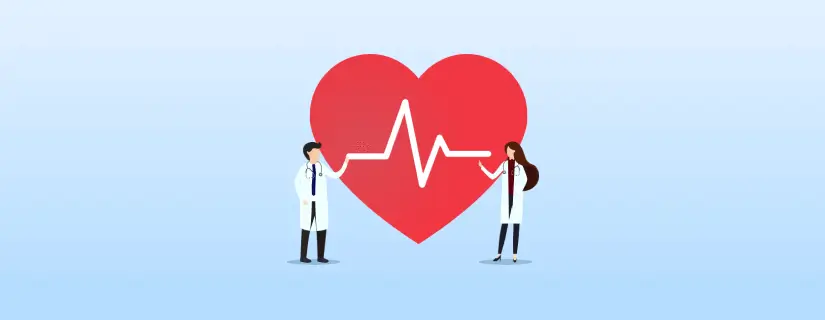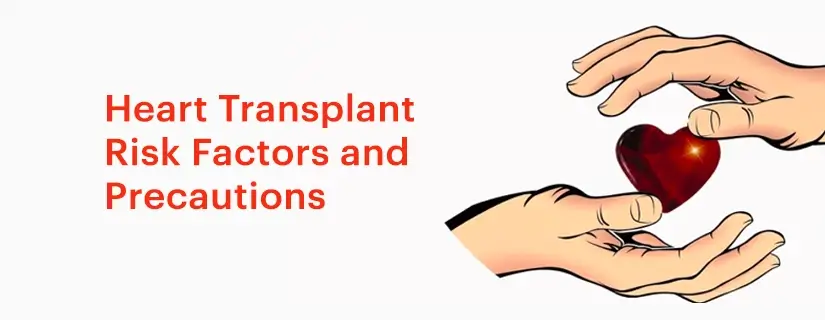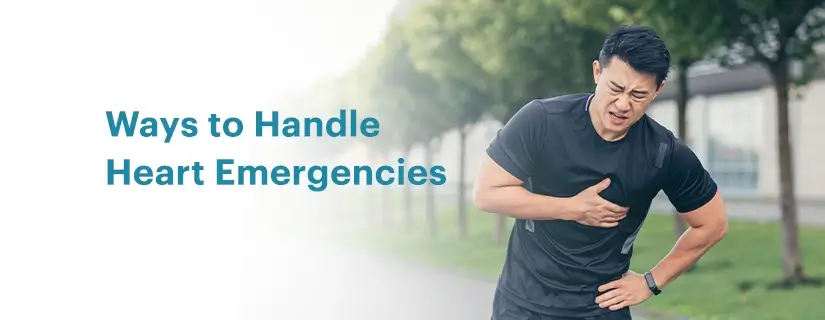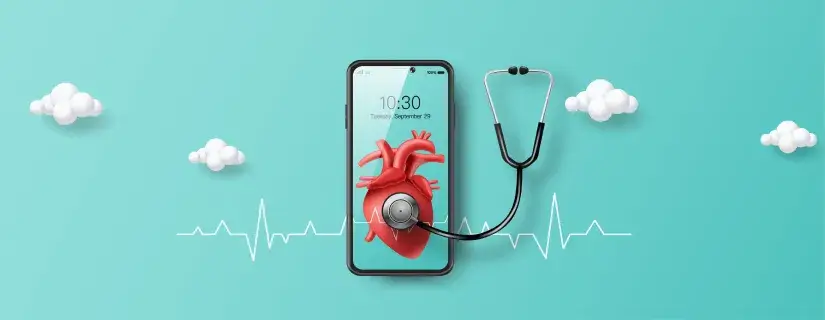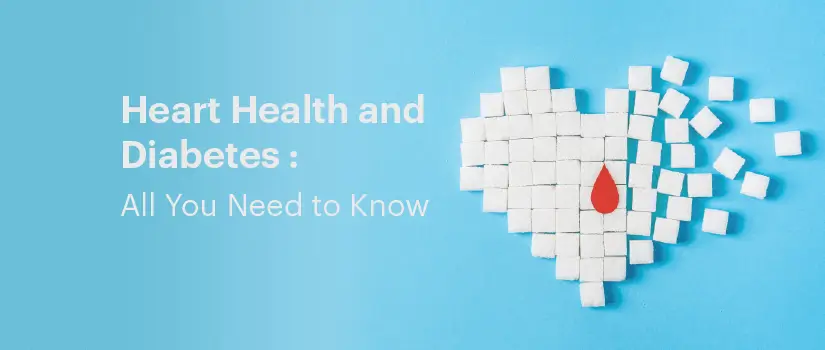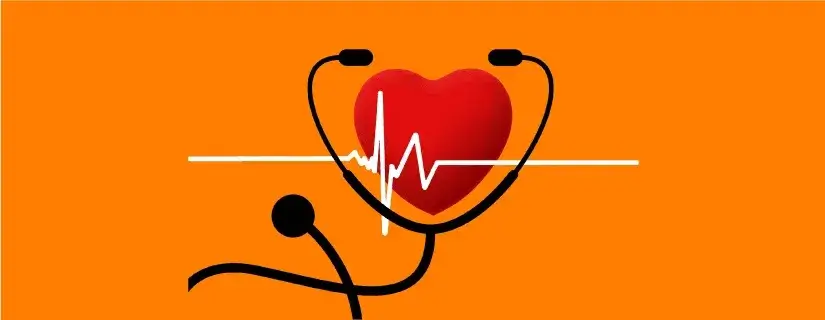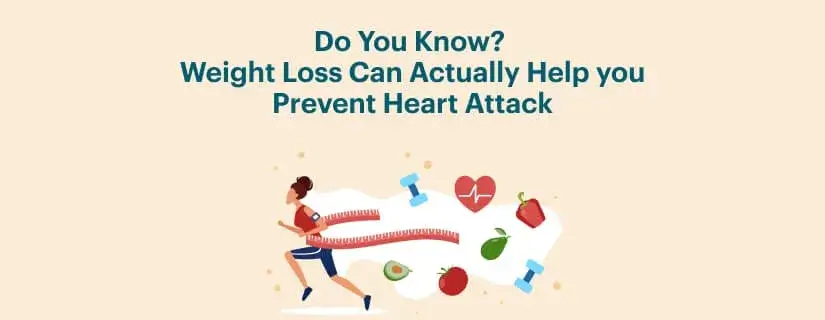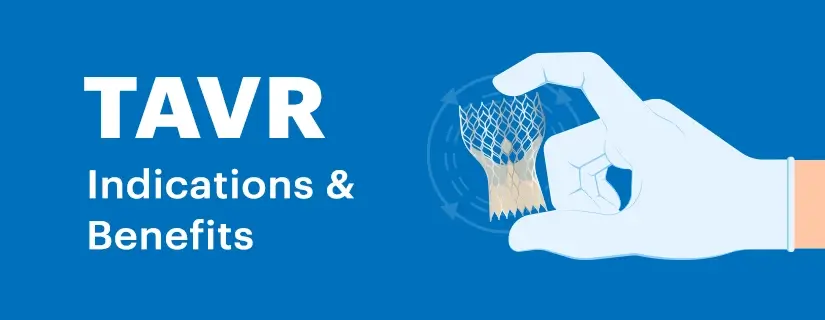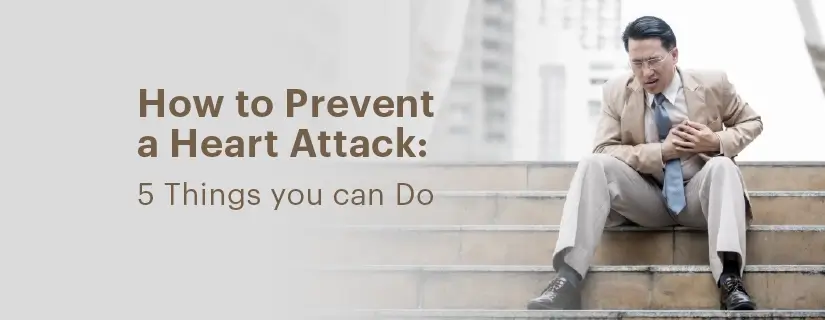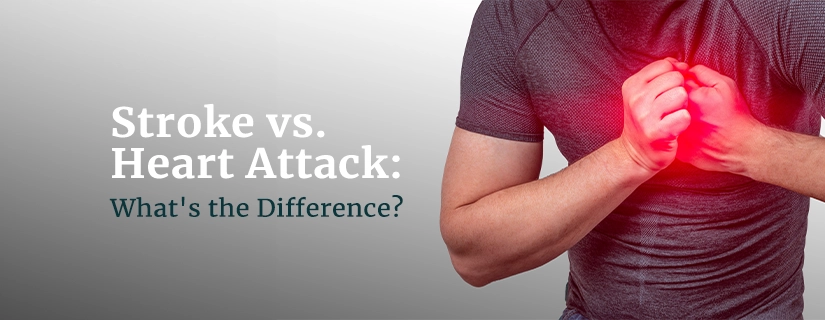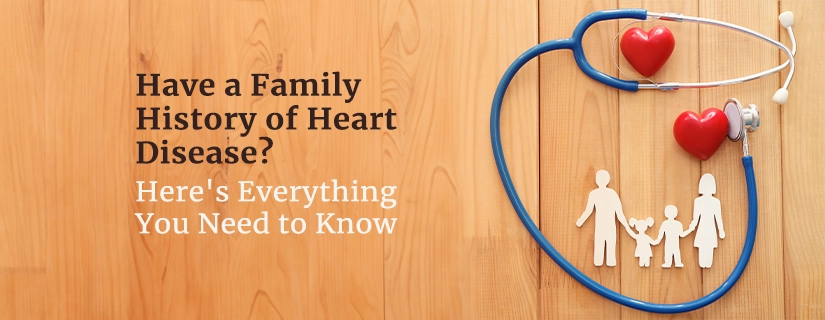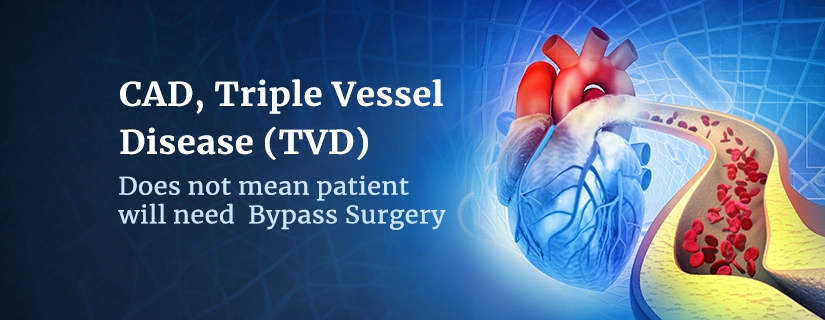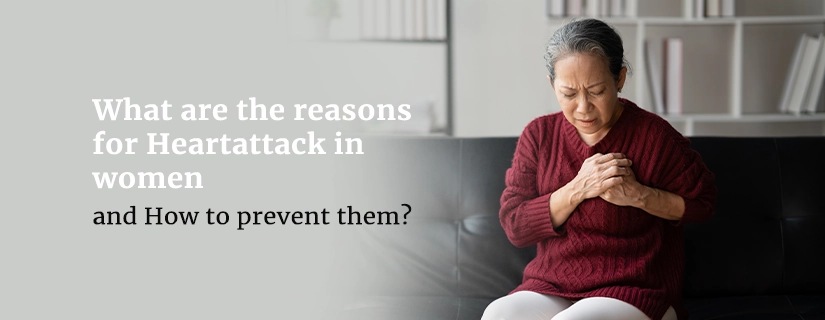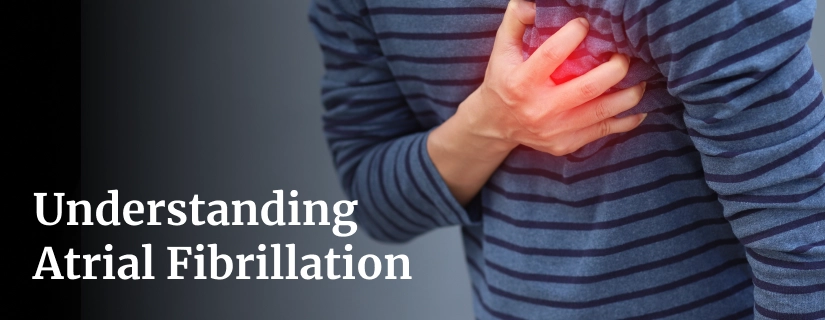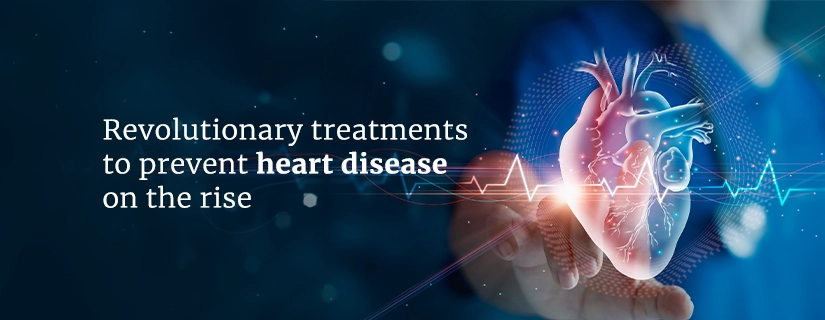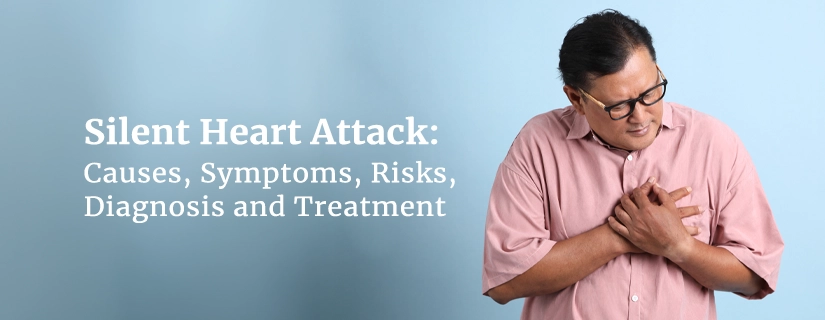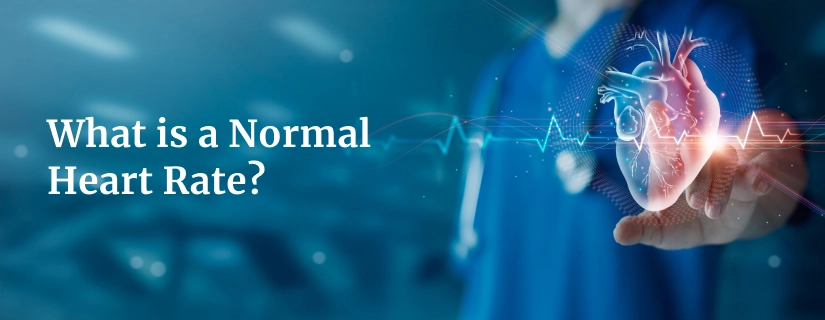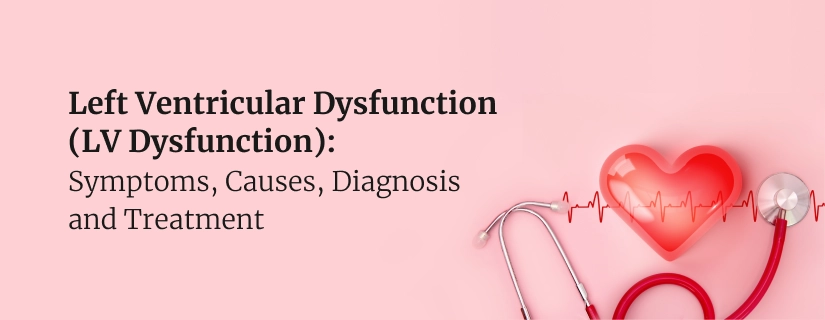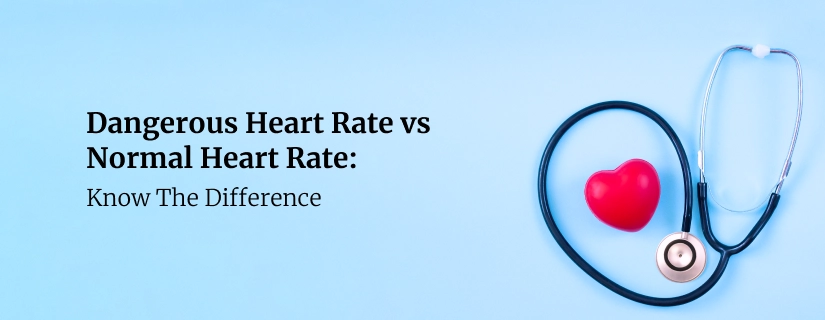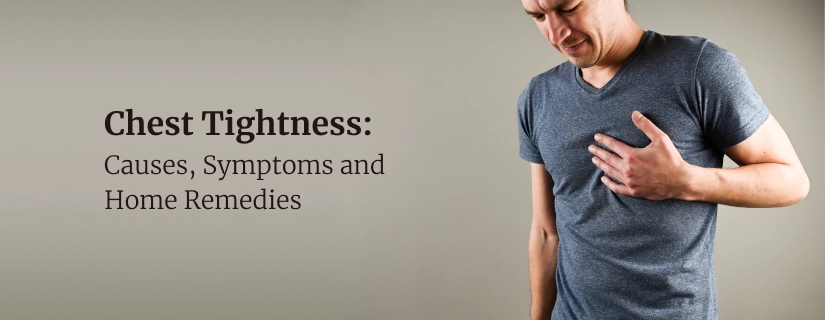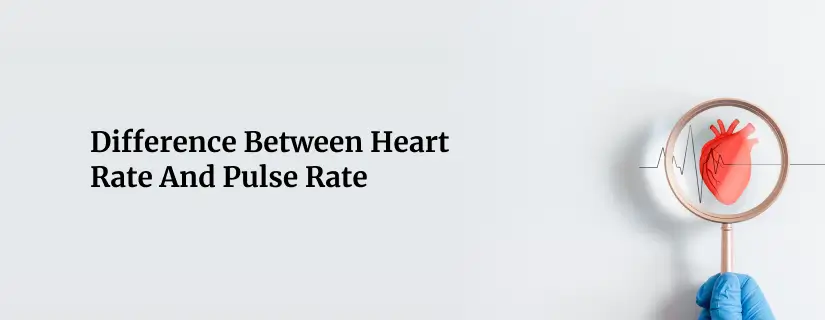-
Doctors
-
Specialities & Treatments
Centre of Excellence
Specialties
Treatments and Procedures
Hospitals & Directions HyderabadCARE Hospitals, Banjara Hills CARE Outpatient Centre, Banjara Hills CARE Hospitals, HITEC City CARE Hospitals, Nampally Gurunanak CARE Hospitals, Musheerabad CARE Hospitals Outpatient Centre, HITEC City CARE Hospitals, Malakpet
HyderabadCARE Hospitals, Banjara Hills CARE Outpatient Centre, Banjara Hills CARE Hospitals, HITEC City CARE Hospitals, Nampally Gurunanak CARE Hospitals, Musheerabad CARE Hospitals Outpatient Centre, HITEC City CARE Hospitals, Malakpet Raipur
Raipur
 Bhubaneswar
Bhubaneswar Visakhapatnam
Visakhapatnam
 Nagpur
Nagpur
 Indore
Indore
 Chh. Sambhajinagar
Chh. SambhajinagarClinics & Medical Centers
Book an AppointmentContact Us
Online Lab Reports
Book an Appointment
Consult Super-Specialist Doctors at CARE Hospitals
Heart Attacks in Winter: How to reduce the risks of cardiac arrest during the cold weather
Updated on 20 January 2022
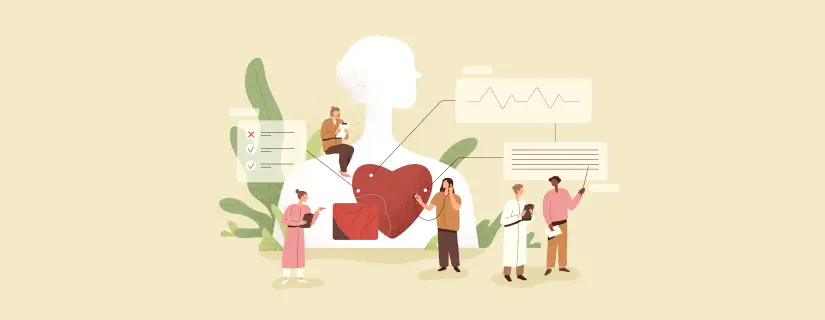
Recent studies have pointed to an increased mortality rate from heart attacks during the winters. A drop in temperature can impact our health, especially that of our heart, in ways that are more often than not unexpected.
Why are heart attacks more common during the winter months?
There are a few reasons why heart attacks are more common during the colder months of winter. The major risk factor is associated with the blood vessels in our body. When it is cold, our blood vessels contract. This raises the blood pressure which in turn can increase the risk of a heart attack or stroke. The cold also may cause the coronary arteries to constrict if the person has coronary heart disease. Adding to all of this, the heart has to work even harder during the winters to pump blood and maintain body heat as the body loses heat more easily when the temperature outside drops. Simultaneously, lifestyle changes can influence the onset of heart attacks. The holiday seasons usually see an increase in sedentary lifestyles with most of us spending time at home and less time doing physical activities outdoors.
It's important for individuals to be aware of these risks and take steps to mitigate them during the winter months. Staying physically active, maintaining a heart-healthy diet, managing stress, and avoiding excessive exposure to cold weather are some of the measures that can help reduce the risk of heart attacks during the winter. If you have a history of heart disease or risk factors, it's essential to stay in close contact with your healthcare provider, especially during the winter.
Who is at an increased risk of a heart attack during winter?
A higher risk of heart attack, especially during winter, may be seen in people with the following comorbidities,
- Prior heart ailments
- Heart attacks in the past
- High blood pressure
- High cholesterol
- Tobacco addiction
- Excess alcohol intake.
Warning signs and symptoms of heart attack
The most common and identifiable signs that one must know about to spot a heart attack are as follows,
- Pain/ discomfort in the chest
- Lightheadedness, nausea, or vomiting
- Pain in the jaw, neck, or back
- Discomfort/ pain in the shoulder or arm
- Shortness of breath
If you notice any symptoms of a heart attack, contact your nearest heart specialist in Hyderabad.
Precautions to take during the winters to keep your heart health at its best
Here are some on how to prevent cardiac arrest:
- Dress appropriately for the cold weather. This means wearing enough layers to ensure that you stay warm and protected from chills.
- Maintain good hygiene by cleansing your hands and other parts of the body often. This can help prevent respiratory infections that can also affect the heart.
- Abstain from excess alcohol intake as it can make you feel warmer than you really are, making it especially risky when outside in the cold.
- Don’t ignore physical activity. Try exercising indoors with home workouts or walking around inside your house.
- Take a break every now and then to help destress. Adding to this, you can try mindfulness practices such as meditation.
If you face any issues, book an appointment at the heart specialist hospital in Hyderabad.

ENQUIRY FORM
SELECT CATEGORIES
-
Neurosciences (16)
-
Neurology (37)
-
Neurosurgery (14)
-
Orthopaedics (48)
-
Oncology (33)
-
Obstetrics and gynecology (52)
-
Pulmonology (23)
-
Urology (20)
-
Nephrology (13)
-
Psychiatry (7)
-
Dietetics and Nutrition (111)
-
General Medicine (63)
-
Cardiac Sciences (32)
-
Vascular & Endovascular Surgery and Interventional Radiology (15)
-
Gastroenterology (46)
-
Endocrinology (23)
-
Plastic Surgery (10)
-
Critical Care Medicine (5)
-
COVID-19 (16)
-
Dermatology (16)
-
Emergency Care (1)
-
Ophthalmology (4)
-
Pediatrics (14)
-
Laparoscopic and Bariatric Surgery (8)
-
ENT (15)
-
Kidney Transplant (1)
-
Liver Transplantation and Hepatobiliary Surgery (5)
-
General Surgery (3)
-
Internal Medicine (5)
-
Medicine Information
Why Are Heart Attacks on the Rise in Young People
Congenital Heart Disease: Symptoms, Causes and Treatment Options
YOU MAY ALSO LIKE
RECENT BLOGS
-

Preterm Birth (Premature Birth): Symptoms, Causes, Treatment and Prevention
13 May 2025
Read More
-

Rotablation Angioplasty: Benefits, Treatments, And Recovery Time
9 May 2025
Read More
-

What Is The Difference Between IUI and IVF?
9 May 2025
Read More
-

Venous Malformations: Causes, Symptoms, and Treatment
30 April 2025
Read More
-

Varicose Vein Foam Sclerotherapy: Treatment, Benefits, and Procedure
30 April 2025
Read More
-

Radiofrequency (RF) Ablation Treatment for Varicose Veins: Know More
30 April 2025
Read More
-

Varicose Vein Sclerotherapy: Treatment, Benefits, and Procedure
30 April 2025
Read More
-

Varicose Vein Endovenous Laser Ablation: Procedure, Benefits, Risks
30 April 2025
Read More
Have a Question?
If you cannot find answers to your queries, please fill out the enquiry form or call the number below. We will contact you shortly.


